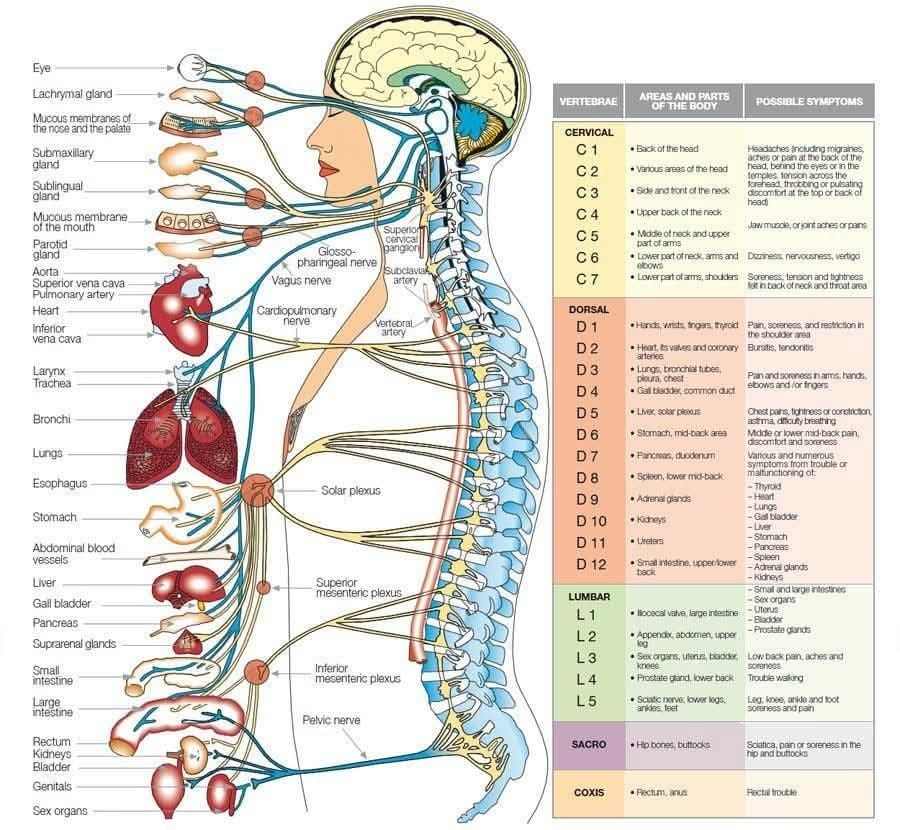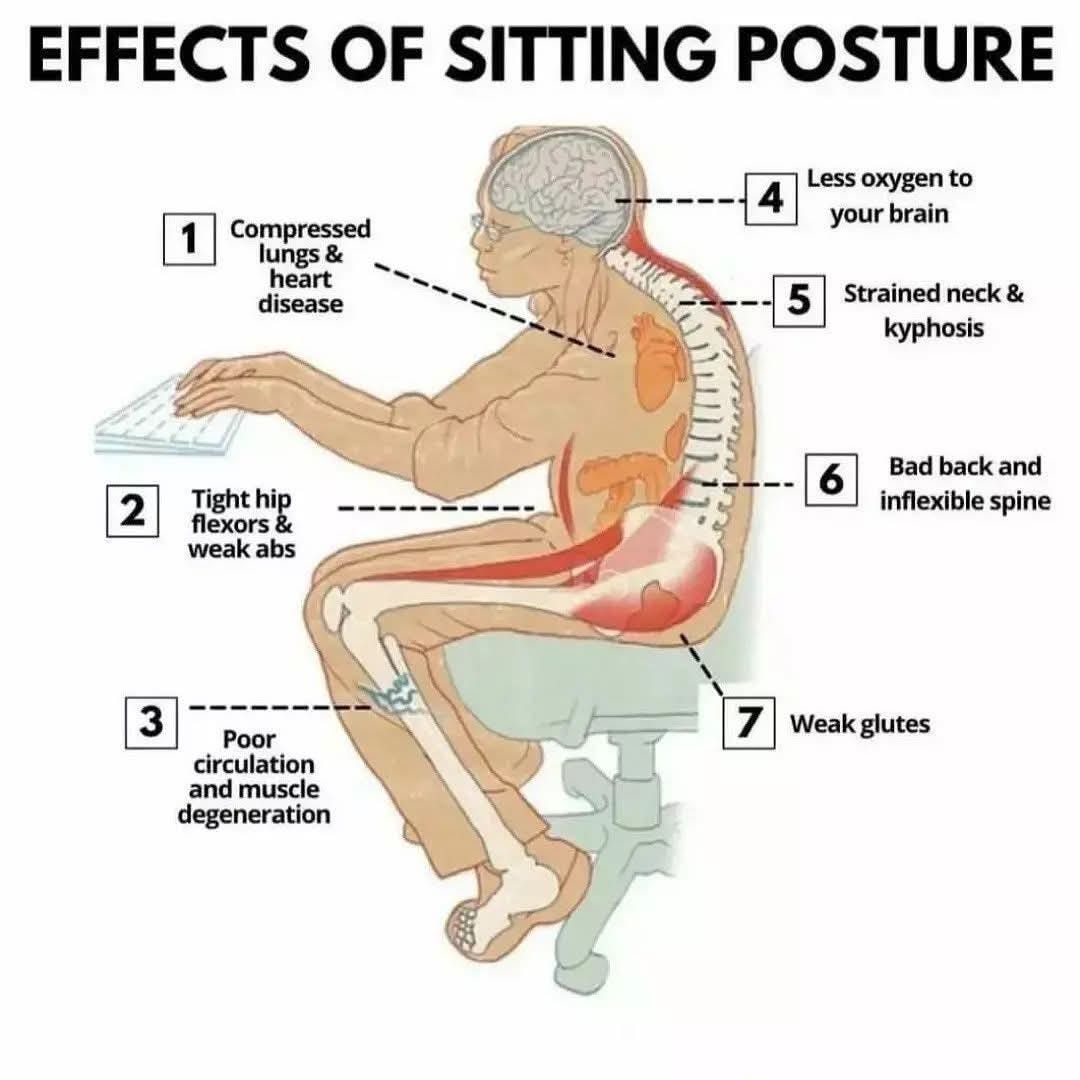Why Are You Still Using Exercise to Escape Your Emotions?
If You're Not an Professional Athlete, Should You Really Be Training Like One?
Who is really guiding you on your self-development journey?
Think about it — phrases like "You're doing great," "Good job," "Push a little harder," "You seem tired today," or even "You're just building muscle under the fat" — these aren’t always rooted in truth. Often, they’re just emotional band-aids. Validation phrases you may have needed as a child, but never received.
I know this might challenge your beliefs — especially if you hold your personal trainer or coach in high regard. And no, this isn’t about attacking them. But if you’re constantly exhausted, not seeing results, and keep falling off the bandwagon, it’s worth asking.
I always like to base my findings on real life experiences, i was all of the above and this is exactly how i used to talk with my clients, because its what they wanted to hear, right?

I was recently referred to a client in Bali. Her first question was, "Are you a physio? Because my back has affected me since I was 13 years old (22 years now), and since I started doing yoga, it has improved."
I replied, "That’s great! Let’s start. I’d like you to sit in this position, and I’ll begin by opening some of the energy channels in your body."
She responded, "Okay, but just so you know, I can’t sit in this position for longer than five minutes without feeling pain."
Interesting, I thought. "How long have you been practicing yoga?"
"Over five years," she said. "And my yoga instructor is excellent."
Mmm… I replied, "Then it’s either your posture that needs correcting (which can take 90 days to a year), or it’s your emotional body that needs to be addressed."
I could have been more direct and said, “Maybe it’s time to find a personal trainer who truly understands the physical, emotional, mental, and spiritual bodies.”
Because real transformation doesn’t happen through movement alone.
And if you happen to know someone who also understands posture on a deeper level — that’s just an added bonus.

Sometimes, people don’t want to hear the truth — especially when they have a trainer or coach who’s providing the validation their ego craves.
Sorry to burst the bubble again, but I won’t offer false light to a client. I speak to what the body is actually reflecting.
It’s up to them when they’re ready to let the penny drop.Are you really training your body — or just reacting to your emotions?
If your workouts are driven by needing approval, proving yourself, or trying to fix how you feel inside, then you’re not building a lifestyle. You’re chasing emotional highs through physical exertion.
It’s time to get honest. Fitness isn’t just about what you do — it’s about why you do it.
Let’s break it down by exploring the different types of people involved in physical activity or sport, beyond just the "athlete" label — especially in terms of their intentions, commitment levels, and connection to self.
1. Professional Athletes
Definition: Individuals who compete at the highest levels and are paid for their performance.
Mindset: Highly disciplined, purpose-driven, and committed to long-term excellence.
Motivation: Career, competition, achievement, legacy.
Connection to self: Often very in tune with their physical and mental state — though some may struggle with identity beyond the sport.
Example: Olympic athletes, NFL players, UFC fighters.
2. Amateur Athletes
Definition: Skilled individuals who train and compete, often at high levels, but do not make a living from their sport.
Mindset: Passionate and competitive, but usually balancing other life responsibilities (jobs, school).
Motivation: Love of the game, personal growth, challenge.
Connection to self: Often strong — they pursue sport out of pure drive or passion.
Example: College athletes, semi-pro competitors.
3. Recreational Athletes
Definition: People who participate in physical activities for fun, health, or social interaction — not competition.
Mindset: Casual, balanced approach to fitness and movement.
Motivation: Health, enjoyment, socializing, mental wellness.
Connection to self: Generally positive — they use movement as a tool for self-care and stress relief.
Example: Weekend runners, casual gym-goers, pickup basketball players.
4. The Validation-Seeker (Training but Insecure)
Definition: Someone training intensely, but mostly seeking external approval, praise, or identity through fitness.
Mindset: Often performance-driven but emotionally inconsistent; can struggle with self-worth.
Motivation: Social media validation, admiration, insecurity masked as discipline.
Connection to self: Weak or unstable — often chasing an image rather than true fulfillment.
Risks: Burnout, overtraining, emotional crashes when validation fades.
5. The “Bandwagon” Drop-Off
Definition: Someone who starts training with excitement but quickly loses momentum when challenges arise or results aren’t immediate.
Mindset: Impulsive, short-term motivation; lacks discipline or deeper purpose.
Motivation: External trends (New Year’s goals, summer body), not internal drive.
Connection to self: Surface-level — hasn't yet developed a strong internal reason to stick with it.
Pattern: All-in for a few weeks → disappointment → quit → repeat cycle.
6. The Disconnected Individual
Definition: Someone who has completely lost touch with their body, purpose, and inner drive — possibly due to trauma, stress, or apathy.
Mindset: Numb, disengaged, disempowered.
Motivation: Minimal to none — may view fitness as pointless, overwhelming, or irrelevant.
Connection to self: Severely weakened or blocked — often avoids any physical effort or self-reflection.
Possible causes: Depression, chronic stress, lack of self-worth, or spiritual disconnection.
Conclusion
Stop training like a professional athlete if you’re also working a full-time job.
Because here’s what happens: you go from feeling like a 3 to a 6, and you convince yourself it's progress — but it’s actually the early signs of burnout.
Do you see the pattern of slow degeneration?
I used to train like that too — high intensity, no excuses, pushing through no matter what. But now? I don’t have the same willpower or drive to force myself through those sessions. And that’s not weakness. It’s wisdom.
The question is: What is your body trying to tell you?
Or more importantly: What signals is your nervous system sending you?
If you’re always tired, mentally checked out, or emotionally flat, your body isn’t failing you — it’s protecting you. Chronic stress, constant stimulation, and overtraining aren't signs of dedication. They’re signs you’re disconnected from your inner rhythm.
You don’t need to train harder.
You need to listen better.
Moral of the Story
Burnout doesn’t happen overnight — it builds slowly, and silently. By the time you can’t get out of bed, the damage is already done. Pushing past your limits every day might feel like strength, but ignoring your internal signals is a fast track to collapse.

